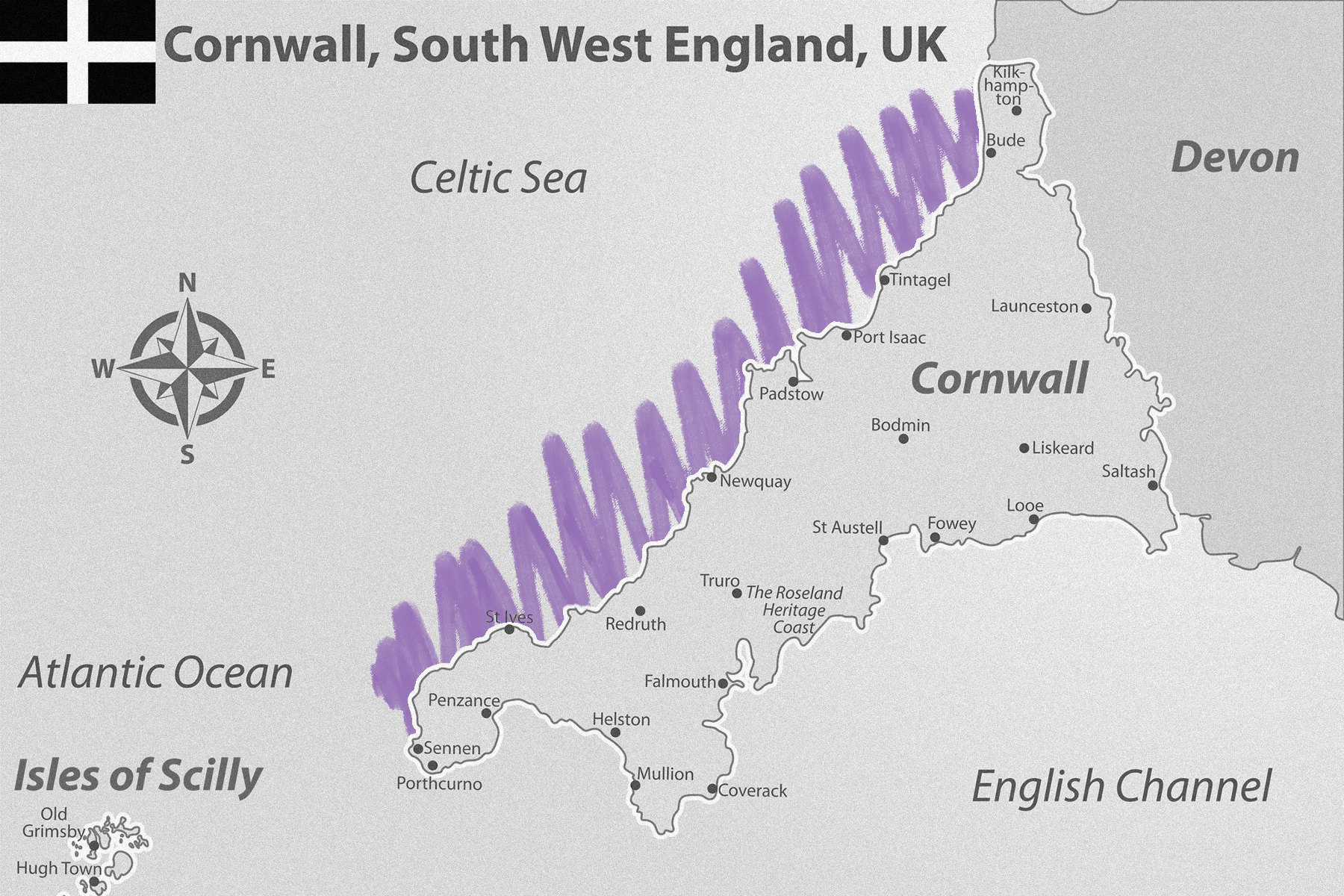The Dutch and English “fought” a 335-year war without any battles.
The Isles of Scilly, a quiet archipelago off the coast of Cornwall in southwest England, is the unlikely site of one of the longest wars in history — although the 335-year conflict between the Dutch and the English was because of a clerical error rather than lingering animosity. There were no battles or bloodshed, and everybody involved forgot they were at war after just a few months.
Starting in the 1640s, the British Isles were mired in a civil war between the Royalists, who supported the monarchy of Charles I and II, and Parliamentarians, who supported Parliament. The Dutch were longtime allies of the Royalists, but they predicted — rightly — that the Parliamentarians would be the victors. Wanting to be in England’s good graces after the likely change in leadership, they threw their support behind the Parliamentarians. The Royalists were, predictably, unhappy about this, and started raiding along Dutch shipping routes in the English Channel.
By 1651, the Royalist navy had been forced out of Cornwall and pushed back into the Isles of Scilly. The Netherlands saw an opportunity to confront its former allies about the damage to its trade ships, and sent 12 warships to demand reparations. When they didn’t get what they wanted, Dutch Admiral Maarten Tromp declared war on the Isles of Scilly, and therefore the Royalists, on March 30. The Dutch forces were still there when the Parliamentarians took the Isles of Scilly from the Royalists that June. Since the region was no longer under Royalist control, the Dutch sailed home, leaving a major loose end: their declaration of war.
For more than three centuries, life went on in the Isles of Scilly as if the war had ended when the Dutch left. But in 1986, a local Scillian historian named Roy Duncan wrote to the Dutch Embassy in London inquiring about the conflict. Sure enough, the embassy found documentation that the war had never technically ended, although it’s unclear whether Admiral Tromp had the authority to declare war in the first place. Duncan invited Dutch Ambassador Rein Huydecoper to come to the Isles of Scilly to sign a peace treaty, thus officially ending the war on April 17, 1986.









